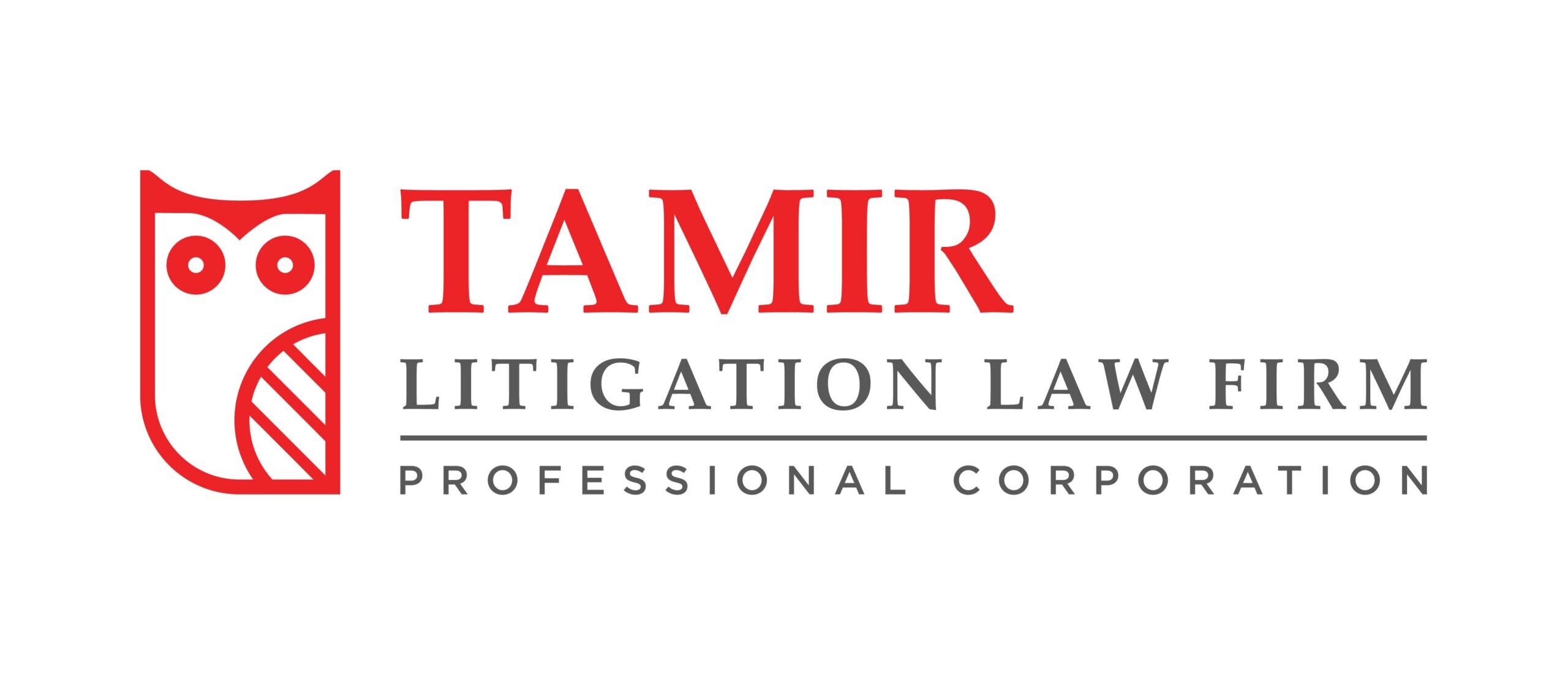In RCDSO v. Kwong (2025 ONRCDSO 1), a Scarborough dentist was suspended for five months after admitting he falsified records by backdating patient treatment dates to maximize year-end insurance benefits. The RCDSO panel found this conduct amounted to multiple acts of professional misconduct, including falsification, false reporting, and unethical behaviour. The penalty included suspension, ethics and billing courses, 24 months of practice monitoring, and a ban on employing his spouse. The case underscores that even “helping” patients use expiring benefits is still considered falsification.
Reinstatement after a licence revocation for fraud is a legal catch-22. The Tribunal requires proof of insight and remediation, often by accepting past findings, but such admissions can be used in criminal prosecution. In Fagbemigun v. CPSO (2024 ONPSDT 30), the physician denied intentional fraud, proposed operational changes, and was denied reinstatement. This case highlights why fraud-related professional discipline matters require coordinated regulatory and criminal defence strategy to protect both your licence and your legal position.
Patient complaints often arise not from clinical outcomes, but from unmet expectations or poor communication. Building strong patient relationships through empathy, clear boundaries, and proactive engagement can significantly reduce complaints. In high-risk fields like cosmetic procedures, managing expectations and screening patients carefully is crucial. This article outlines practical strategies, from showcasing credibility to addressing problematic behaviour that help healthcare providers foster trust, reinforce professionalism, and protect their practice from reputational and regulatory risk.

